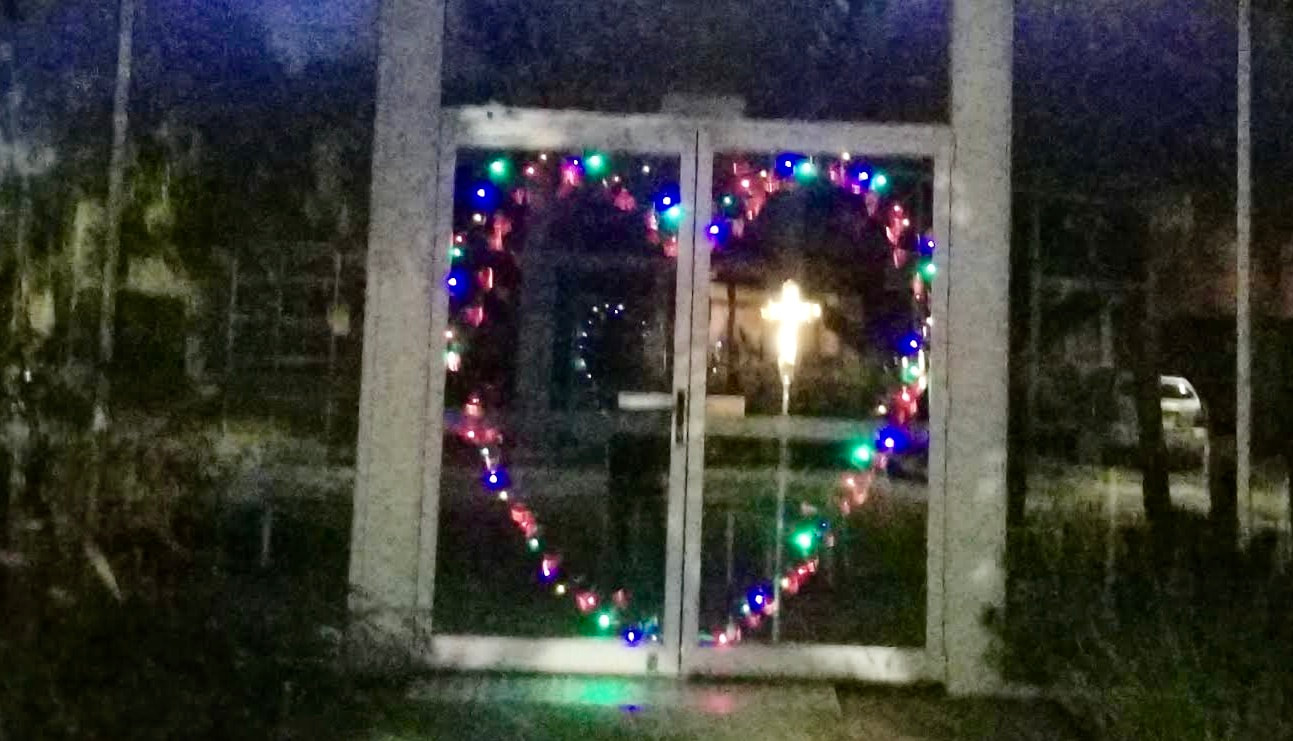1 Comment
|
Rev ChrisSome reflections from God's word Archives
March 2022
Categories |
Peninsula Parish
PO Box 15106
Miramar, Wellington 6243
Office: 89 Miramar Ave
Phone: +64 4 3807174
Email: office@peninsulaparish.nz
We are an Anglican Parish and part of the Diocese of Wellington.
Our parish life is primarily based at St Aidan's Anglican Church at 89-91 Miramar Ave, Miramar, Wellington
Account: ANGLICAN PARISH OF ST AIDAN & ST GEORGE
Number: 02 0520 0177037 000
Bank: BNZ
Please use reference the reason for your payment (e.g. "giving") and put your surname under particulars.
If your giving is for a particular appeal, please reference that.
PO Box 15106
Miramar, Wellington 6243
Office: 89 Miramar Ave
Phone: +64 4 3807174
Email: office@peninsulaparish.nz
We are an Anglican Parish and part of the Diocese of Wellington.
Our parish life is primarily based at St Aidan's Anglican Church at 89-91 Miramar Ave, Miramar, Wellington
Account: ANGLICAN PARISH OF ST AIDAN & ST GEORGE
Number: 02 0520 0177037 000
Bank: BNZ
Please use reference the reason for your payment (e.g. "giving") and put your surname under particulars.
If your giving is for a particular appeal, please reference that.


 RSS Feed
RSS Feed